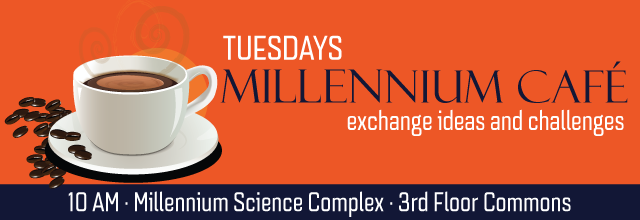
The Center for Pollinator Research integrates research, education, outreach and extension to improve management and conservation of pollinators. Here, I will highlight our Beescape platform, which is a mapping tool that helps people evaluate the quality of their landscapes and habitats for bees, as well as our new NSF funded INSECT NET graduate training program which seeks to develop non-lethal, automated monitoring systems for bees and other insects, which will help us model how land use and climate influences insect diversity and abundance. We are intersted in new ideas for the integration of data science, computer science, and engineering to address bee declines.
Speaker: Christina Grozinger
